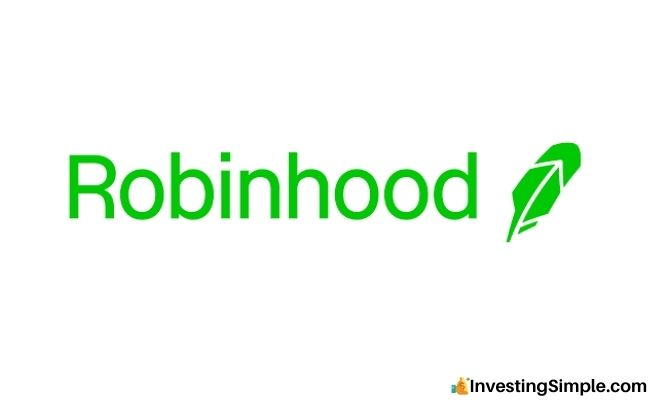





Cryptocurrency continues to rise in popularity. With a vast number of cryptocurrency apps to choose from, many are left confused about which is best.
For most investors, convenience is one of the top factors when choosing among trading apps. Unfortunately, many of the crypto apps available offer only crypto trading without self-custody. Thus, if you want to see all of your investments in one place while maintaining control over your crypto assets, you might need multiple platforms.
Robinhood has sought to address this by offering traders a location to trade crypto, regular stocks, and ETFs. Historically, all crypto holdings on Robinhood were custodied by Robinhood Crypto, LLC, meaning Robinhood controlled your private keys.
However, Robinhood has evolved and now offers the Robinhood Wallet, a self-custody crypto wallet where users hold their own private keys, giving them full control over their assets.
In this article, we provide an updated summary of the Robinhood Wallet and how to get started. But first, let's quickly review Robinhood.

Robinhood, launched in 2013, is a sleek trading app known for commission-free trades and a variety of features. Before 2013, trading stocks and ETFs often involved hefty commissions and fees. Robinhood's mission was to democratize investing and allow everyone an opportunity to participate in the markets.
With that mission came commission-free trades and fractional shares. In addition, Robinhood investors now have access to options trading, cryptocurrency, margin, IPO investing, and more.
Currently, Robinhood supports trading in a broad selection of cryptocurrencies such as Bitcoin (BTC), Ethereum (ETH), Litecoin, Dogecoin (DOGE), Bitcoin SV, Bitcoin Cash, Ethereum Classic, and many others, all commission-free on the Robinhood trading platform. However, blockchain network fees still apply when transferring crypto on-chain.
Be sure to check out our full review on Robinhood to learn more!
The new Robinhood Wallet is a self-custody crypto wallet that puts you fully in control of your digital assets by giving you direct ownership of your private keys. Unlike the previous Robinhood crypto ecosystem where Robinhood acted as custodian, now your crypto lives securely on your device, not Robinhood's servers.
This means you can send, receive, and swap crypto across multiple blockchain networks without intermediaries, making your assets more secure and portable.
As of 2025, the Robinhood Wallet is broadly available to U.S. users who meet standard eligibility requirements such as age (18+) and residency. The wallet is accessed through a separate Robinhood Wallet app available on both iOS and Android platforms. This marks a shift from accessing wallet features solely inside the Robinhood brokerage app.
Always verify the latest state-specific availability on Robinhood's official site, as regulatory restrictions can periodically change.
Getting started with the Robinhood Wallet involves downloading the standalone app and securely setting up your self-custody wallet. Here's an updated step-by-step guide:
The self-custody nature means you are fully responsible for keeping your seed phrase safe — losing it means losing access to your funds permanently.
With the wallet set up, transferring crypto in and out is straightforward and does not require selling your holdings, avoiding capital gains tax triggers linked to liquidations.
To transfer crypto:
Because each cryptocurrency and network has a unique address format, make sure to double-check you are sending tokens on the correct network to avoid irreversible losses.
Here are two example articles for more detailed guidance:
Robinhood has strengthened its crypto presence with increasing crypto revenues totaling $252 million in Q1 2025 and crypto holdings reaching $25 billion. Overall platform assets stand at $221 billion as Robinhood continues expanding its offering.
Strategic moves, such as the planned acquisition of Bitstamp and development of AI-powered services, underscore Robinhood's commitment to becoming a leading financial services platform that integrates both traditional and digital assets.
In a growing landscape of crypto wallets and trading platforms, the Robinhood Wallet stands out as a modern, beginner-friendly self-custody wallet that offers robust multi-network support, on-chain swapping, NFT management, and Web3 connectivity — all while ensuring you have full control over your private keys.
While Robinhood does not charge commissions on crypto swaps within the wallet, users should be aware that blockchain network (gas) fees may apply to transactions on networks like Ethereum or Solana.
By adopting the Robinhood Wallet, you can manage your cryptocurrency holdings flexibly and securely, complementing your broader investment portfolio.
Be sure to explore the Robinhood Wallet through the Robinhood app and download the standalone Robinhood Wallet app on your device to start taking full control of your crypto assets.
For more information on wallet security and best practices, consider reading up on self-custody wallet security to protect your investments effectively.